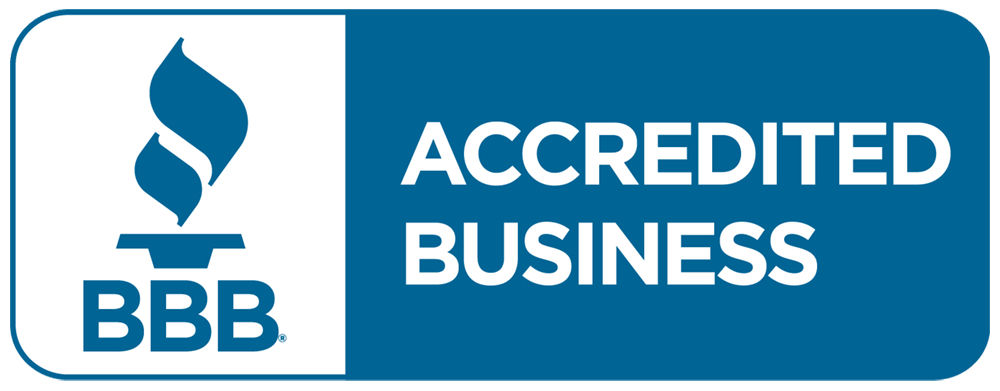Living in a situation where you’re behind on bills, you are aware that you may have those debts sent to a collections agency. The agents working for those agencies then call, send letters and do their best to contact you to collect a debt.
You might have gotten used to getting repeated calls or mailers from the collections agency, but what you should never get used to is creditor harassment. Debt collection agencies are bound by law not to intimidate, abuse, bully, browbeat or coerce consumers into paying off their debts. For example, it’s unlawful for debt collectors to curse at you or to make repeated calls that are intended to annoy you.
The Fair Debt Collection Practices Act
The federal government has a law in place to put restrictions on what debt collectors can say or how they can act when they’re attempting to collect a debt. The Fair Debt Collection Practices Act covers the collection of many types of debts, such as:
- Credit card debts
- Mortgages
- Medical debts
- Personal debts
There are rules set into place by this act. For example, if the debt collector knows that you’re represented by an attorney, then they usually have to stop contacting you directly. Debt collectors are not allowed to harass you or others over the phone or through other kinds of contact. Additionally, if you are not allowed to receive communications at work, then the debt collector should not call you or contact you there once they’ve been informed.
On top of all this, debt collectors aren’t allowed to contact you at unusual times or in unusual places. They are usually bound to calling no sooner than 8 a.m. or after 9 p.m.
What should you do if you’re being bullied by an agent?
At the beginning of most calls, the agent will tell you that the call is being recorded. If they did not, the call may not have been, which makes it harder to prove that you were harassed. What you can do is take the agent’s name and information, write down the time they called and what they said, and ask to speak with their manager or supervisor. You should also look into your legal options since bullying and harassment is a violation of federal law.



